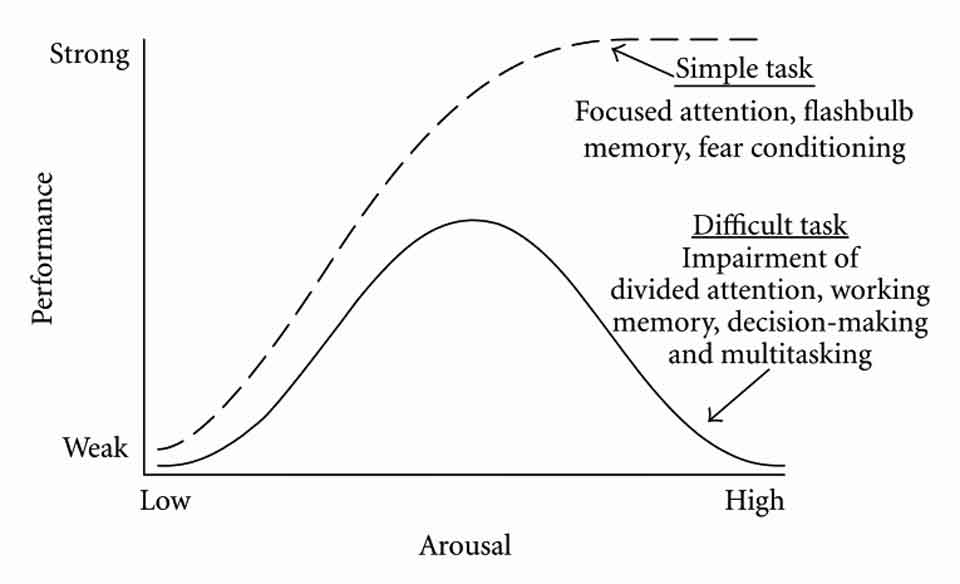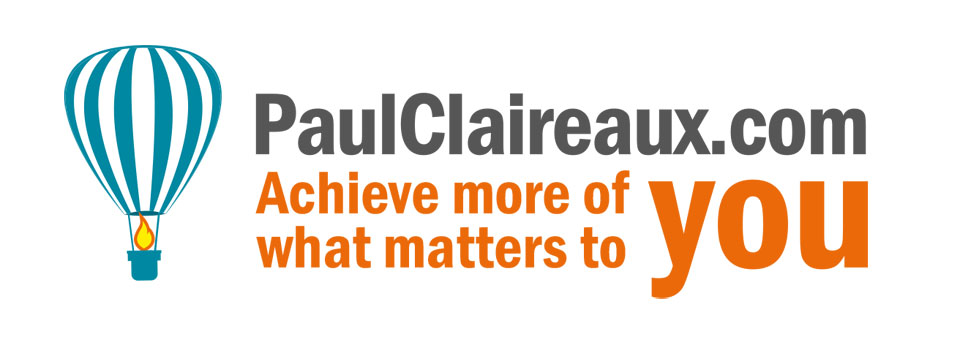How to be less busy
and achieve more of what *really* matters to you

Who wants to be – a less busy bee?
Lots of us do, so let’s explore how to achieve more of what matters to us – without getting frazzled on the way?
Now, to be clear, upfront, this is not another article on time management. We’ve all seen enough of those already eh? 😉
Yes, we all need to be efficient with our time, but being expert at time management simply to ‘cram’ more tasks into an already full day makes no sense at all.
That just makes our situation worse – because it’s in our quiet ‘free-thinking’ time that we come up with our best ideas – for our home or work life.
So keeping ‘knowledge’ workers ‘too busy’ is counterproductive for employers too, and this is a big reason to keep a lid on your ‘busyness’ levels as we learned in an excellent BBC Radio 4 series some time back.
Praise for the participants
Oliver Burkeman is an extremely ‘edutaining’ writer who takes great care with the evidence too.
His book The antidote, happiness for people who can’t stand positive thinking, is a must-read for anyone who shares that view… and even more so for those who don’t!
I urge you to read it.
This radio series also interviewed another of my favourite authors, the behavioural economist and psychologist, Dan Ariely, whose book ‘Predictably irrational’ should also be on your ‘must read’ list if you’re fascinated by personal performance.
You’ll find both of these and many other of my favourite books at my ‘Books I RATE’ page
The series also offered plenty of input from Psychologist, Tony Crabbe whose book ‘Busy, how to thrive in a world of too much’ is the central issue under discussion.
I’ve just started reading Tony’s book – and I’m really enjoying this too.
Are we all, really, too busy?
Well, there certainly was evidence (before Covid Lockdown) that we had become, on average, very busy… and if we included watching cute kitten videos on Facebook, then we most certainly were.
Did you know, in the last minute alone c. 500 hours of video was uploaded to YouTube?
I don’t know about you – but I’m struggling to watch it all 😉
The truth is, we’re not all too busy doing useful work.
And, let’s be honest, some were not that busy at all.
So what’s the right amount of busy?
Well, it turns out that we need to be ‘fairly’ busy to be effective in our work.
Research from Yerkes and Dodson (way back in 1908!) taught us that much; take a look at this chart, and if you’re a knowledge worker, as many of us are today – focus on the bottom curve.
What you’ll see is:
- If we have too little to do, we’re ineffective at it!
- Our performance normally peaks at some point.
- If we push harder, our performance drops off.
- And if we push even harder, perhaps to make up for that initial drop off, we risk a complete collapse in performance. That’s called burnout – a place I’ve been to and do not recommend!
As an aside, this Yerkes and Dodson chart forms part of the ‘human factors’ training for aviation pilots.
Proof that when people’s lives are at risk we teach our professionals about the risks of overwork.
Other points to note:
Peak activity levels vary between people, activities and environments – not least the competency and compassion of the management!
Some skilled people – especially creative types – are able to sustain very long periods of work without taking rest (or even food) without ill effect! This is the fascinating ‘flow’ phenomenon. Read more about it here.
But for most people in regular work, the guidance is simple:
- If you’re not doing much now, do some more and get better at what you do!
- If you’re already crazy busy, try to cut down.
- And if you’re already in the Goldilocks zone (just the right amount of work) then try to keep it there.
This is all easier said than done of course. Workloads in many industries are like English weather. It never rains but it pours, and when the extra work arrives, it’s rarely distributed evenly is it?
If you’re a high performer, you’ll be asked to take on more than your fair share – even if you are overstretched already.
That’s life.
So how can you achieve more – if you’re too busy right now?
Well, the answer is to do less but do it better because, despite conventional wisdom, we’re no good at multi-tasking and trying to be so is just counterproductive.
Your challenge is to change to a new routine, and that’s going to take even more effort to redesign and renegotiate your new work pattern – which might be tough if you have too much on your plate already.
That said, this is one task you’ll be highly motivated to complete because ALL the benefits are yours.
In the Radio series, Tony Crabbe offered some great advice for dealing with this busyness issue, and like most of the best ideas, it’s simple too:
The secret is not to start looking for tasks to cut out – that’s a ‘soul-destroying’ approach, and risks you finding more reasons to keep doing all the work you’re doing today!
The secret is to focus on the positive stuff
Focus on what really matters to you. And, after that, it’ll become obvious that a lot of that other stuff must go!
Funnily enough, this approach is precisely in line with the guidance I give.
Indeed, I’m so keen on it, I made it my logo last year.

So, we’re all on the same page here.
Why do YOU want to crack your busyness challenge?
Well, think forward to the time when we get back to ‘normal’ (whatever that looks like) and you have your new laser-like focus on what matters to you.
You’ve started saying NO to that ‘unfair’ extra work they pile onto you. You might even have let go of some ‘less important’ jobs you’d given yourself as well.
So, this is a truly liberating change. It just might not be easy to achieve on your own.
Do you need help?
If you’d like some coaching help (someone to bounce your ideas off who will challenge you to make better decisions) please be careful who you work with.
The skills, knowledge and experience of coaches vary enormously, and their fee levels are not necessarily correlated with the value they add!
If you want to know what a good coach looks like, try this Insight, and if you believe I could help you, let’s chat about that.
Hope that’s been useful, and good luck on the next stage of your journey.
Thanks for dropping in
Paul
For more ideas to achieve more in your life and make more of your money, sign up to my newsletter
As a thank you, I’ll send you my ‘5 Steps for planning your Financial Freedom’ and the first chapter of my book, ‘Who misleads you about money?’

Also, for more frequent ideas – and more interaction – you can join my Facebook group here
Share your comments here
You can comment as a guest (just tick that box) or log in with your social media or DISQUS account.

Discuss this article